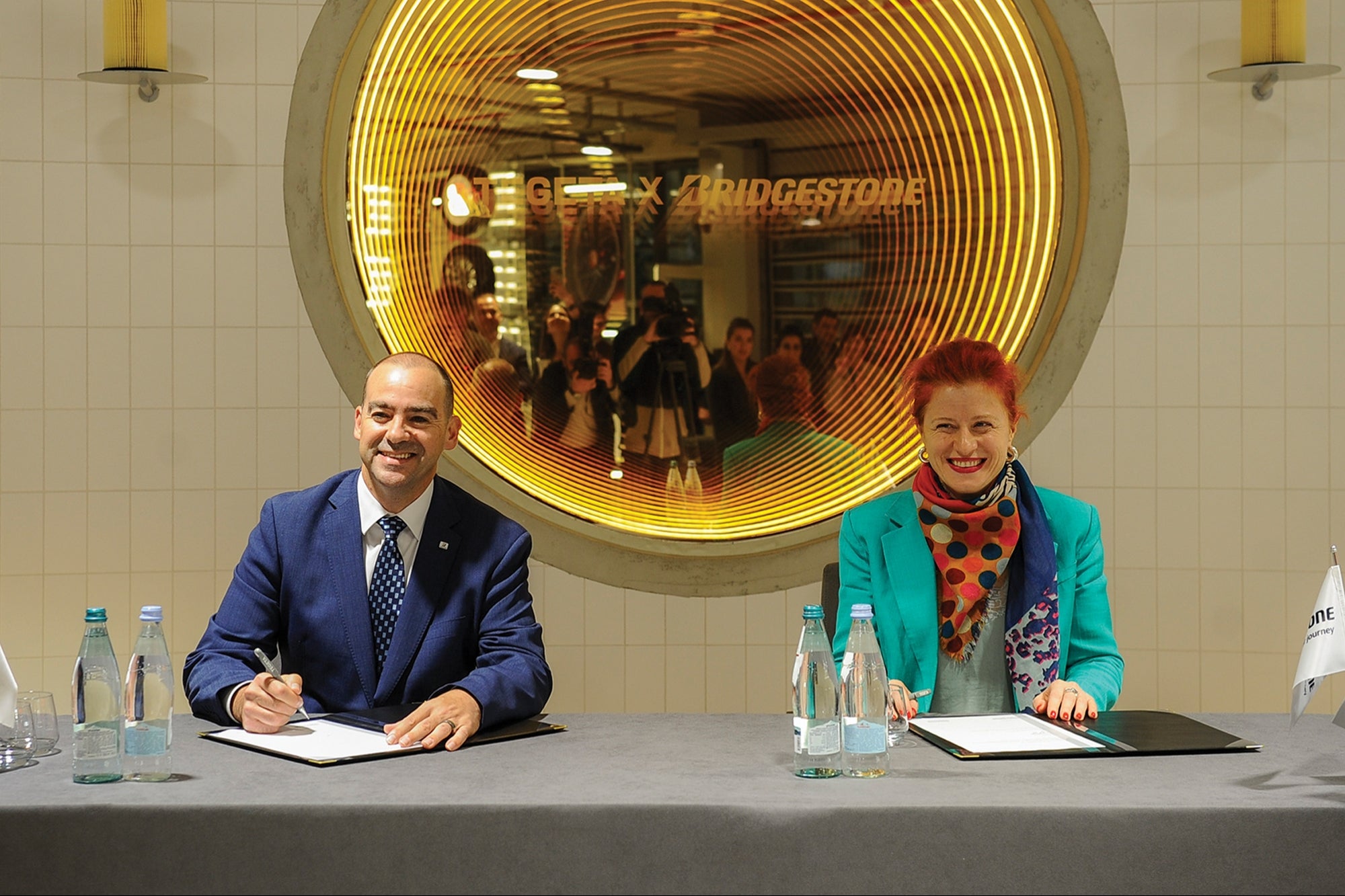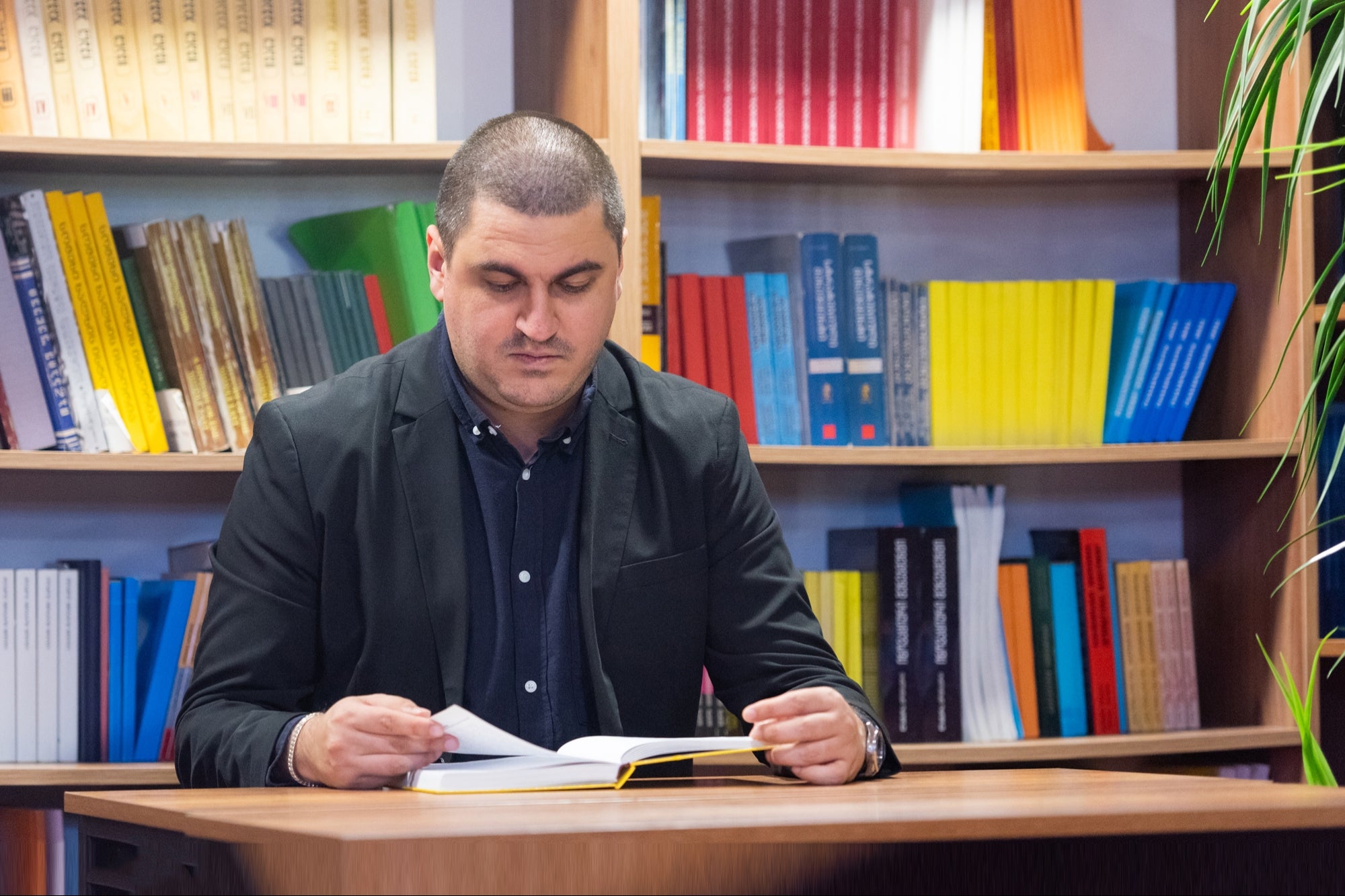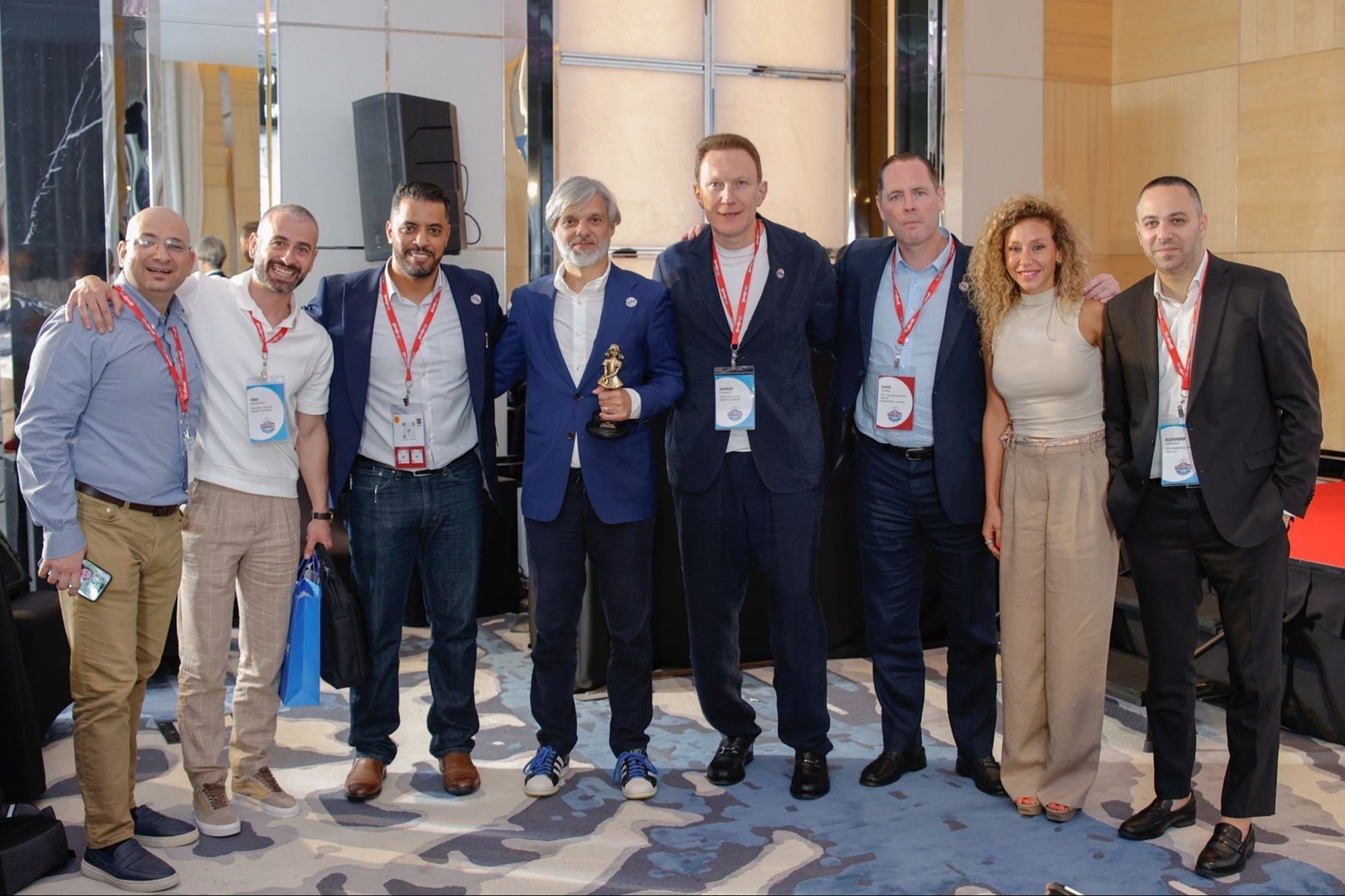OHM Energy – Interview with Iraki Ubilava, Managing Partner
Opinions expressed by Entrepreneur contributors are their own.
You're reading Entrepreneur Georgia, an international franchise of Entrepreneur Media.

The global renewable energy market has been growing over the past two decades, and global consumption has also increased significantly. The global renewable energy market is expected to continue its growth and reach over two trillion U.S. dollars by 2030. Environmental concerns regarding political instability, economic development and fossil fuels are all major factors that contribute to market growth. Statistics provided annually by IRENA, the International Renewable Energy Agency, leave Georgia out of range, as most of its indicators for solar energy and other renewable energy figures are lower than its neighbouring countries, such as Turkey and Armenia, who lead the industry in the region.
It should come as no surprise that solar power, a form of renewable energy that harnesses energy from the sun to produce electricity, is currently leading the renewable energy industry globally. The basic principle behind solar power is the conversion of light into electrical energy using photovoltaic (PV) cells. Those cells are connected in modules called solar panels, which are then combined to form a solar array. The power generated by solar panels can be used immediately, or stored in batteries for later use.
One of the main advantages of solar power is that it is a clean and renewable energy source, producing no air pollution or greenhouse gases. Its versatility makes the solar panels even more attractive, as they can be installed on various surfaces and in remote places, providing electricity to areas that might otherwise not have access to a power grid. This makes it the perfect solution for remote villages in Georgia.
A company with a clear vision of adding value to quality and ensuring progress in the sustainable development of the energy sector has long-term plans for the Georgian Market.

OHM Energy solutions come with extensive experience in the construction of high-quality, stable, and efficient photovoltaic (solar) stations. The OHM Energy team is more than willing to share its expertise and knowledge and prepare the Georgian market for the new manufacturing, construction, and solar energy trends.

Irakli Ubilava, the current managing partner at OHM Energy, joined the solar energy industry in 2017 in the newly established AE Solar international sales office in Tbilisi. He affirms the local team's success in leading the company to the TIER1 ranking – the top 2% of solar panel manufacturers. Since then, he has gained experience in the relevant certification, manufacturing, quality control, financing, and construction processes. His technical expertise in manufacturing solar panels, knowledge of the industry, and experience with dealing with international companies make him a rare find in the Georgian market.
Mr. Ubilava believes that best practices from the EU are being successfully adopted in Georgia. However, he says the country has a long way to go before it can claim to be a sustainable energy producer in the region. He describes Georgia as an excellent geographical location, with an attractive business environment and a sound taxation system. He notes, however, that to boost specific industries, the government should have a long-term economic plan and sustainable development goals, as the responsibility for working on a strategic plan and aggressively implementing it rests with them. He stresses the importance of evaluating industries in parallel with new global trends, and points out that the best example is the solar panel factory in Kutaisi, proving Georgia can offer high-quality products using the latest technologies in the industry.
Mr. Ubilava sees other opportunities for Georgia, among them thermal water resources that can be used in agriculture and/or energy; freshwater for export and green-hydrogen manufacturing, with its by-product oxygen, to cater for local demand in the medical industry; and agriculture combined with renewable energy to foster the use of land and spaces – the best examples being agrivoltaics, vertical farming, etc.
Among the countries successfully implementing solar energy projects are Greece, Australia, and Spain. Still, more relatable for Georgia might be its neighbouring Armenia, where government and financial institutions have taken great steps to develop the industry. As with any new field, photovoltaics (solar) should be subsidized under a unified, sustainable strategy – says Mr. Ubilava. "Government subsidy will stimulate FDIs, create new jobs, develop new professions, and increase trade. We should not focus only on solar energy. Once the country establishes the SDG, it should start supporting other industries accordingly."

Under the European Union Association Agreement, Georgia became part of the wider EU's Solar Energy Strategy, with a number of definite targets, and has been challenged to promote renewable energy sources in the country. Specific government policies, like integrating renewable sources into modern infrastructure, are necessary measures to support and encourage investments in the industry. Over the past few years, the amount of funding globally in clean energy topped over three hundred billion dollars in a single year. This proves that sustainable and environmentally friendly energy sources are becoming increasingly important as countries try to reduce their carbon footprint and mitigate the effects of climate change.
The transition from traditional energy sources might not be smooth sailing, but it's a no brainer that the only way to success is to invest in technological breakthroughs. Mr. Ubilava thinks that exporting mineral water and wine won't give the Georgian economy a competitive advantage. Instead of focusing on digitalization, AI, and energy technologies like solar panels and wind turbines, storage systems are the right way to build Georgia's efficient, energy-independent future, he says.
Despite the abovementioned benefits, there are still some challenges to the widespread adoption of solar power. There is a significant mismatch between the supply and demand of renewable energy. The selling and installation costs might have decreased significantly in recent years, but installing large-scale solar panels can still be expensive, especially for residential and commercial customers.

Mr. Ubilava describes the manufacturing technologies as being advanced but having gaps in storage systems with insufficient lithium reserves. He believes that not all countries can afford nuclear power plants or have sufficient natural resources for energy. Still, all opportunities must be harnessed, and Georgia might be missing out on its hydropower resources at the moment.
"In Georgia, we have seasonal electricity import, HPP projects are on hold, no PPA contracts are offered, and incumbent government leaders are in need of a clear vision and short- to medium- and long-term plans to attend to these problems. However, some positive steps can be seen, including the latest initiative of the EU: A Black Sea Cable, a tool for the EU's energy sourcing diversification. The Balkans, South Caucasus, and Central Asia will be connected as a unified energy infrastructure. We expect more attention from the government and investors regarding this project and complementary businesses."
The transformation of the Georgian market to a regional hub is what Mr. Ubilava hopes to see; Georgia benefitting from the latest technological advances and following global trends so sustainable and environmental goals are achieved and life becomes better for all.
Despite these challenges, technology continues to improve, and its costs to decrease; we will likely see increasing levels of investment in solar power and a growing number of solar power installations in the coming years in Georgia. As the government and independent businesses continue to work towards a cleaner and more sustainable energy future, solar power will play an increasingly important role in meeting our energy needs.










